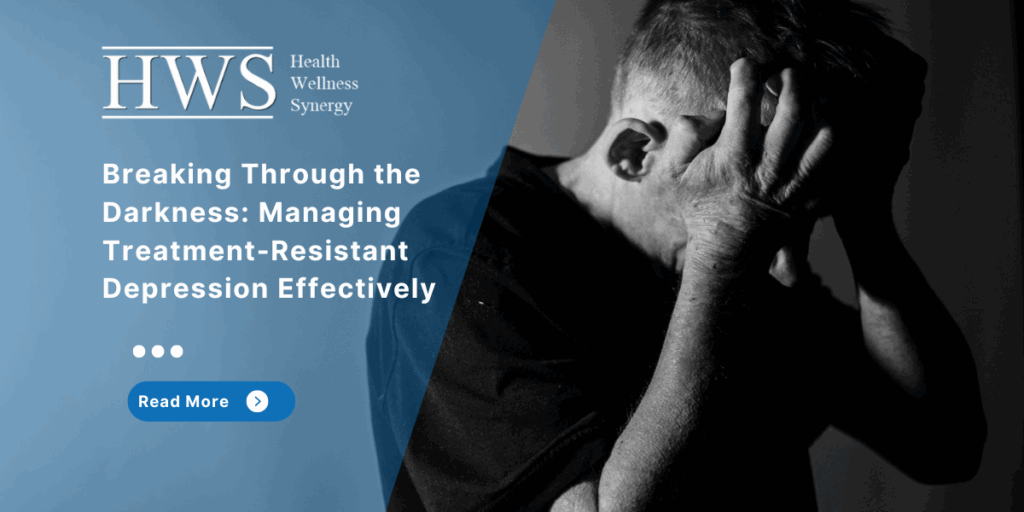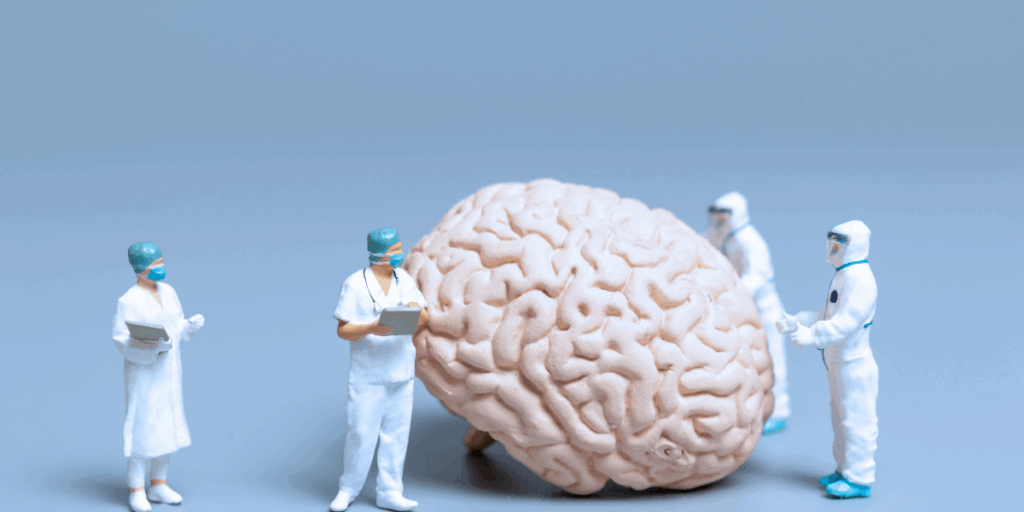
Resistant Depression affects millions of individuals worldwide and is one of the leading causes of disability. While many people respond well to conventional treatments such as antidepressant medications and psychotherapy, a significant subset of individuals do not achieve sufficient relief from their symptoms even after trying multiple treatment approaches. This condition is known as Treatment-Resistant Depression (TRD).
Though the term may sound ominous, it does not mean that Resistant Depression is untreatable. Rather, it signifies the need for a more tailored and often multifaceted approach. In this article, we’ll explore everything you need to know about TRD, including its causes, risk factors, diagnostic process, and a wide range of evidence-based and emerging treatment strategies.
Treatment-Resistant Depression (TRD) is typically defined as a major depressive disorder (MDD) that does not improve after at least two adequate trials of different antidepressant medications. These trials must involve proper dosage and duration (usually six to eight weeks per trial) to qualify.
However, in clinical settings, TRD is not always explicitly documented as a formal diagnosis. Clinicians may instead refer to it using phrases like:
The key point is that TRD does not mean that treatment is futile. It signals the need to explore alternative or combination treatments, assess for underlying contributing factors, and consider advanced or personalized treatment strategies.
The exact causes of TRD are not fully understood, but a growing body of research has identified several contributing factors and risk markers. These include biological, psychological, and social components:
A key step in managing TRD is open and effective communication with your healthcare provider. Many people feel hesitant or discouraged when initial treatments don’t work, but being proactive can help guide your provider toward more effective strategies.
At HWS Center, we emphasize the importance of this collaborative approach to ensure each patient receives the most appropriate care for their needs.

TRD is usually not recorded as a distinct diagnosis, but the pattern of non-response to treatment is noted in your clinical history. Providers will often take a step back to reassess the full clinical picture, which may include exploring options for Resistant Depression Treatment in New Jersey to better tailor the next steps in your care.
Many people wonder why a medication that worked for a friend or family member doesn’t work for them. The answer lies in the complex biology of the brain and individual differences:
Research suggests that:
TRD does not mean treatment failure, but rather a need for advanced or adjusted strategies. These include:
Some medications can be added to boost the effectiveness of your current antidepressant:
Psychotherapy is crucial especially when medications alone are insufficient.

For people with severe or longstanding TRD, neurostimulation therapies can offer hope:
If you are experiencing suicidal thoughts or are in crisis, please seek help immediately. Support is available:
Treatment Resistant Depression can feel overwhelming, but it is not a dead end. With persistence, collaboration, and an individualized approach, many people with Treatment Resistant Depression NJ go on to live fulfilling lives. The key is to remain open to new strategies, communicate effectively with your care team, and give yourself grace throughout the process.
If your current plan isn’t working, don’t give up. Talk to your provider, explore your options, and take the next step toward recovery. You are not alone, and help is available.
Although therapy can assist, medication may also be prescribed for one or both partners. Antidepressant medications can restore chemical imbalances in the brain and enhance mood, which could, in turn, decrease the detrimental effect Resistant Depression has on the relationship. Realizing that seeking Resistant Depression Treatment New Jersey is a sign of strength not weakness will empower both partners to take action to heal.
Schedule a consultation! Provide your contact information below and we’ll get back to you as soon as we can.
We use cookies to improve your experience on our site. By using our site, you consent to cookies.
Manage your cookie preferences below:
Essential cookies enable basic functions and are necessary for the proper function of the website.
Google reCAPTCHA helps protect websites from spam and abuse by verifying user interactions through challenges.
Google Tag Manager simplifies the management of marketing tags on your website without code changes.
You can find more information in our Cookie Policy and Privacy Policy.